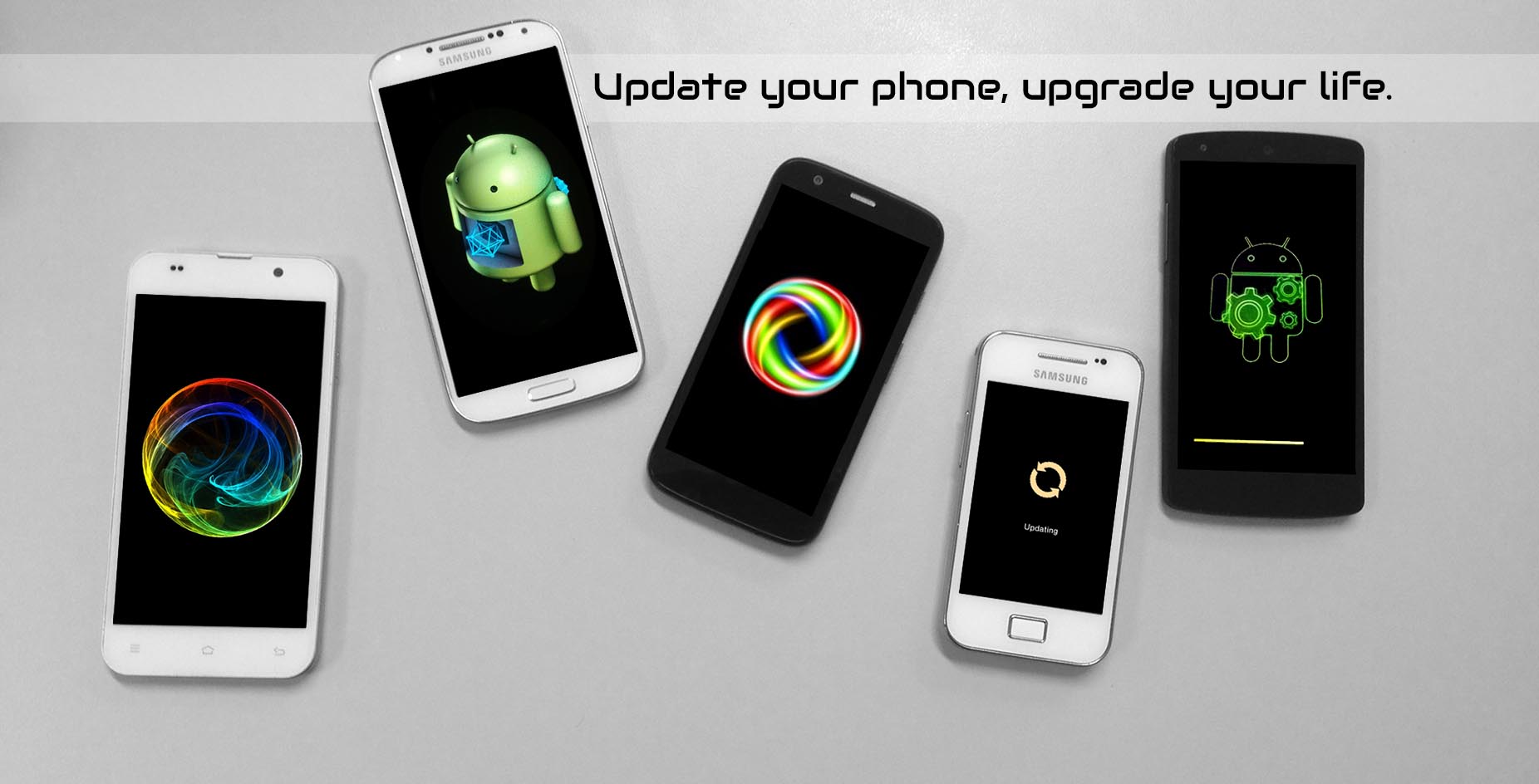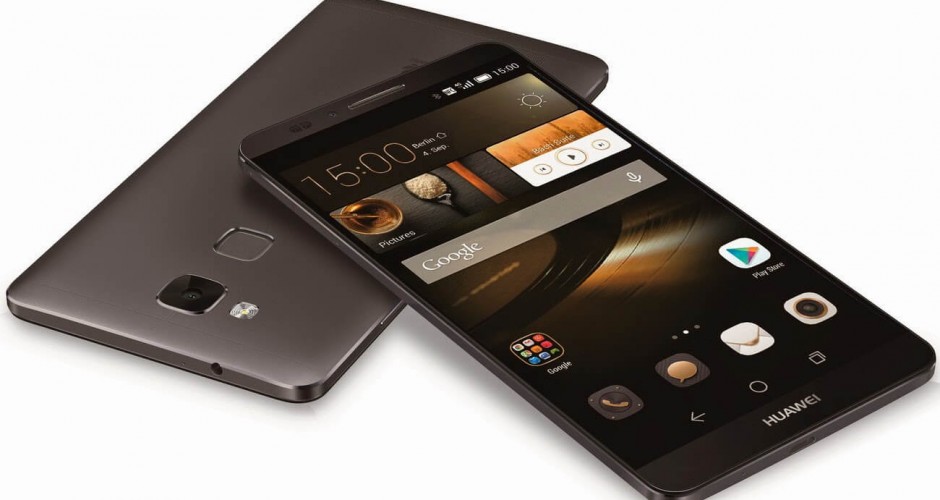The first Android 6.0 update has been to the owners of the Nexus terminal, but fortunately, since several weeks ago we have the commitment of the leading manufacturers to launch this update as soon as possible. Chinese company Huawei will do the same with their terminals, but also with some members of the family Honor, the second division of intelligent devices. So much so that in the last hours we learned that the company is preparing to upgrade to Android 6.0 for the Honor 7, a device introduced in July this year with a sheet size and a very reasonable price.
A few days ago, the firm presented a list of devices that promised to be updated to Android 6.0 soon. At that time, the company said the first updates would arrive in November. Today we know that Huawei intends to meet forecasts blindly. The first Huawei device to test Marshmallow will be the Honor 7, which as you know, is on the list of Honor. According to recent statements by the Head of marketing Xi Zhao, the company would be interested in publicizing soon a beta version for this smartphone. It seems, in fact, that the data packet start deploying within weeks. So if you have a Honor 7 in your hands maybe you should start preparing for an imminent start over.

The data package will arrive as soon as late November. It should be noted, however, that we have a beta version which may contain some errors and not be entirely feasible to telephone users. If you do not mind to suffer the odd setback can upgrade, but if you prefer, you have the option of waiting for the final version of Android 6.0 for the Honor 7. Unfortunately, at this time has not yet set a date for that time. In fact, it is likely that this update will not occur until 2016.
The update to Android 6.0 will bring to Honor 7 all the features that come with this serial data packet. We refer, for example, better control over permits applications to native support for microSD and fingerprint readers cards (the Honor 7 has it), the Google Now On Tap function (an important improvement for the wizard of Google) and Doze project, a system that turns off features you do not use on your phone to put them off and save power.





